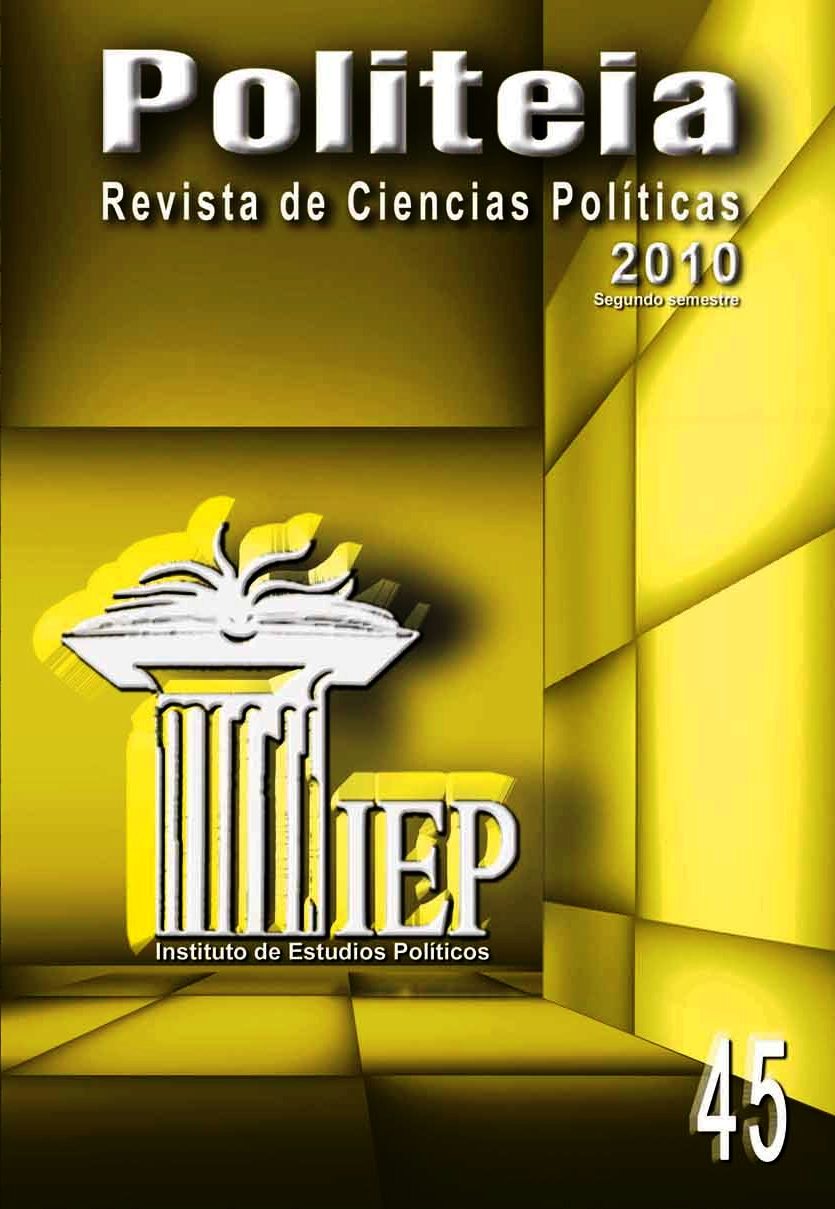Vigencia de las teorías normativas dentro de las relaciones internacionales.
Palabras clave:
Teorías normativas, Soberanía, Justicia distributiva internacional, Normative theories, Sovereighty, International distributive justice.Resumen
Los distintos debates que se han dado dentro de la teoría de las relaciones internacionales han tenido como norte común la necesidad de proporcionar respuestas a los problemas que en cada momento histórico han centrado la atención del sistema internacional (paz, seguridad, justicia, desarrollo, riesgos globales, etcétera). A pesar de que dichas necesidades son múltiples y cada una de ellas presenta innegable importancia, este artículo se enfoca en las tensiones entre el orden y la justicia internacional, y las respuestas que exigen retornar a una de las teorías del llamado Cuarto Debate, como lo son los postulados normativistas o éticos, haciendo énfasis en la justicia distributiva internacional. Adicionalmente, en el presente artículo se analizala justicia distributiva internacional desde una perspectiva transdisciplinaria, en la que se entre cruzan el derecho y las ciencias políticas y la historia. Este trabajo se divide en cuatro partes: en la primera se realiza una introducción al tema, con énfasis en el análisis del aumento del número de actores de las relaciones internacionales y la importancia que aún desempeña el Estado y el concepto de soberanía; en la segunda se aborda la justicia desde la óptica de las relaciones internacionales. En la tercera, también se estudia la justicia, pero desde la perspectiva del derecho internacional público; en la cuarta parte se identifica el impacto que está teniendo la justicia distributiva internacional tanto en el ámbito político como jurídico; y, por último, se formulan algunas conclusiones.
Validity of normative theoriesin international relations
Abstract
Different debates in international relations theory have as common aim to provide answers to issues that, in every historical moment, have caught the attention of the international system (peace, security,justice, development, global risks, etc.). Although those aims are based on diverse needs, being each inarguably important, this article centers on the tensions between international order and justice and on the answers calling for a revival of one of the theories of the so called Fourth Debate as the normative or ethical postulates, with an emphasis on international distributive justice. This researchh as been conducted from a transdisciplinary perspective in which law, political science, history and international distributive justice are intertwined. It is divided into four parts: the first is an introduction to the topic, with an emphasis on the analysis of the increasing number of actors in international relations, the important role still played by the State and the concept of sovereignty. In the second, justice is approached from the perspective of international relations. The third also covers justice, but from the perspective of international public law. The fourth identifies the impact that international distributive justice is having on both politics and law. Finally, some conclusions are provided.

